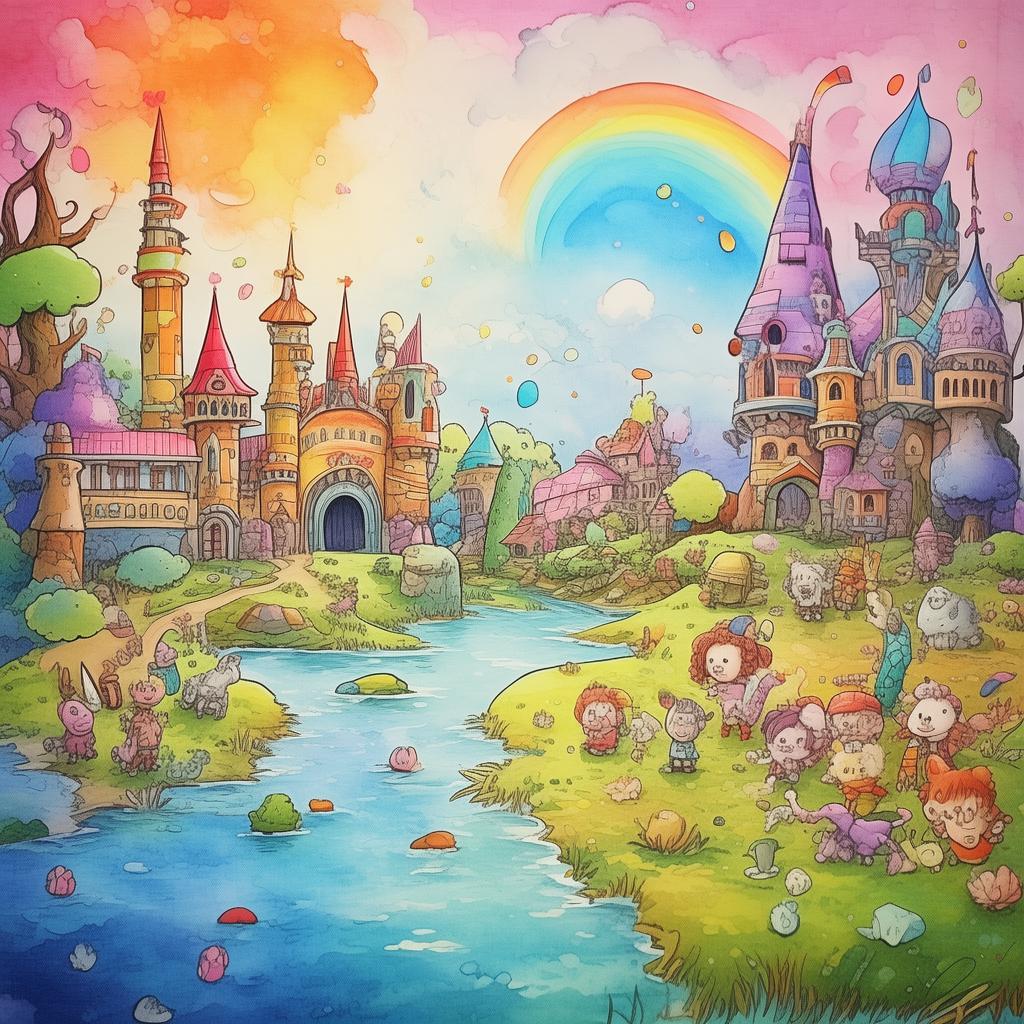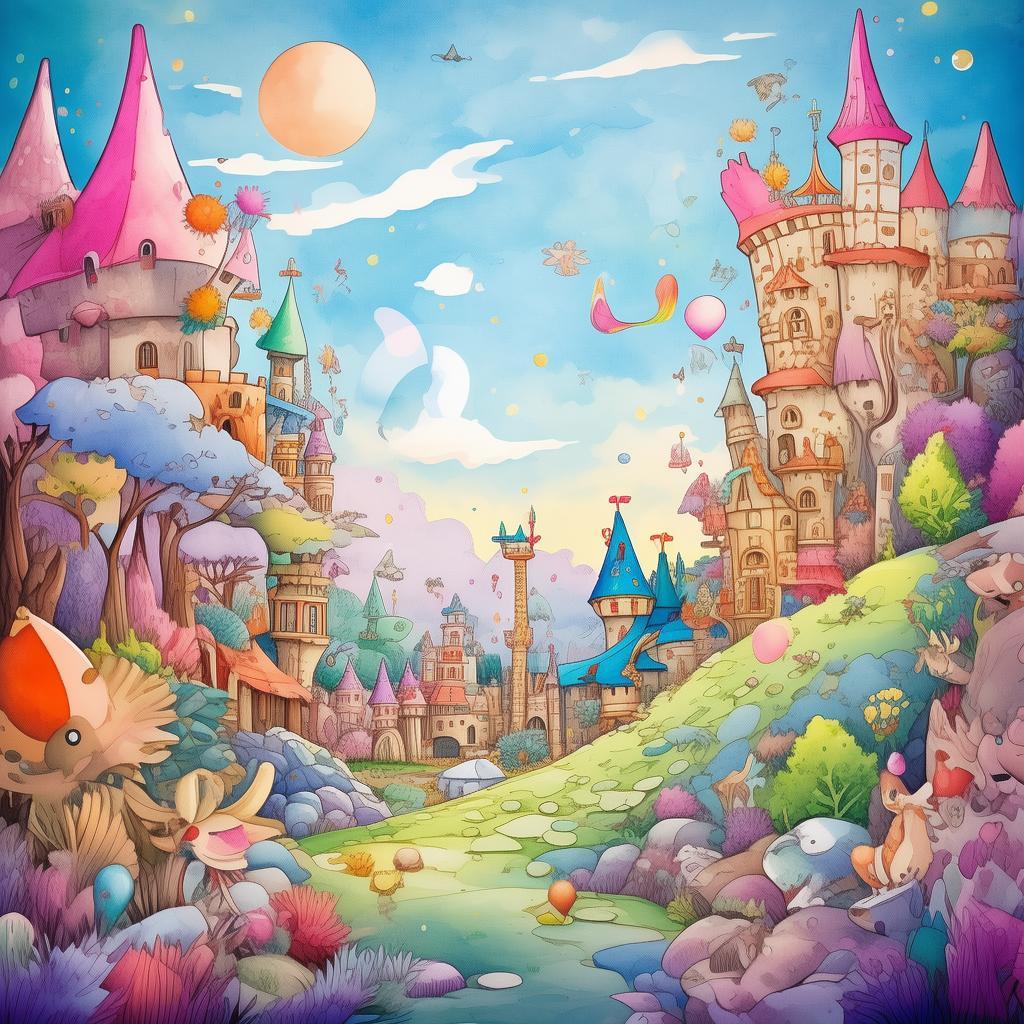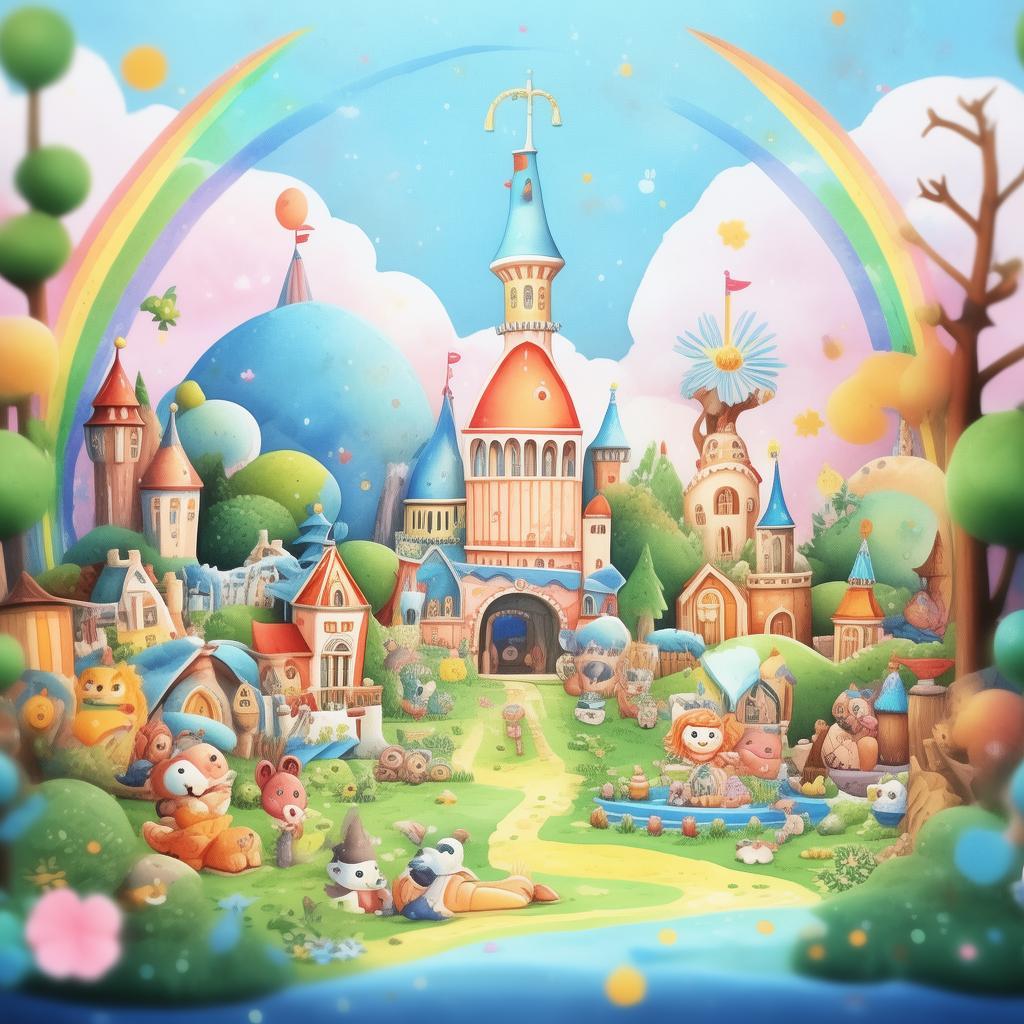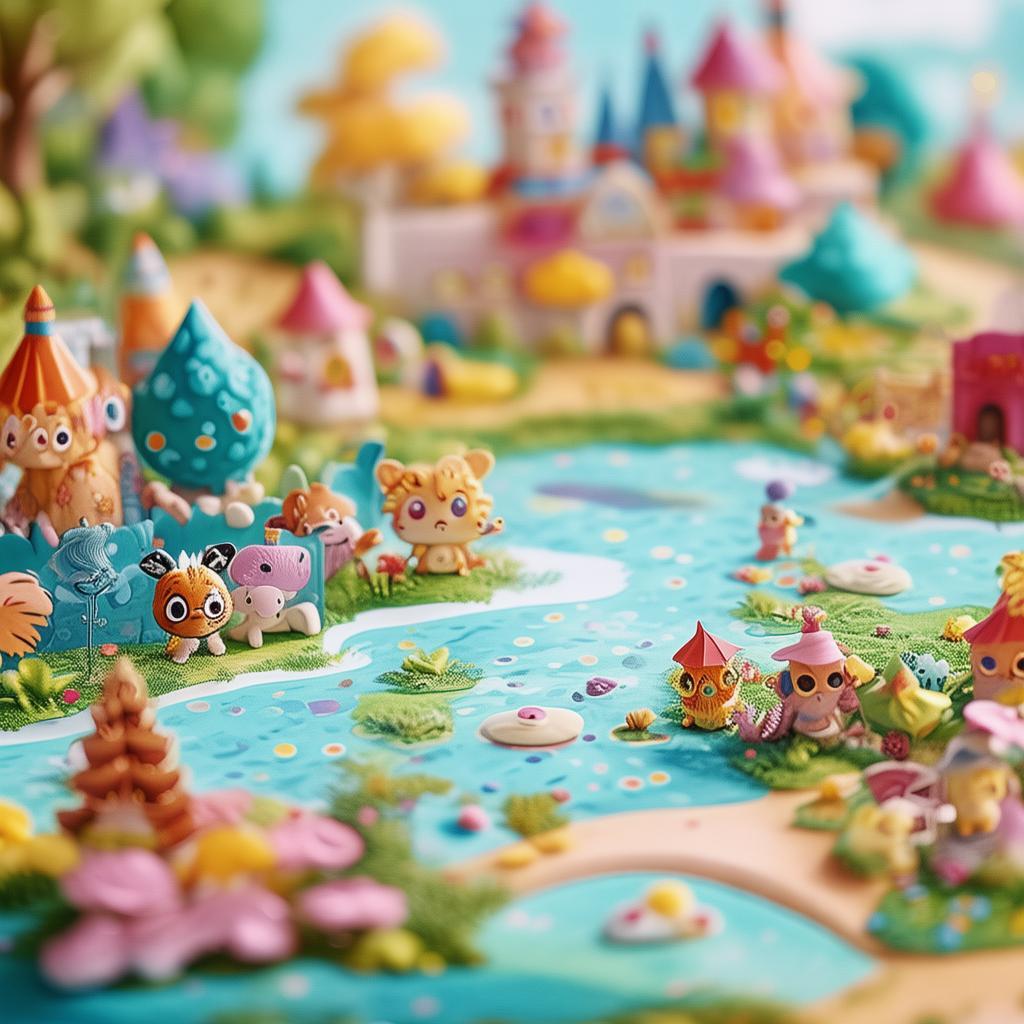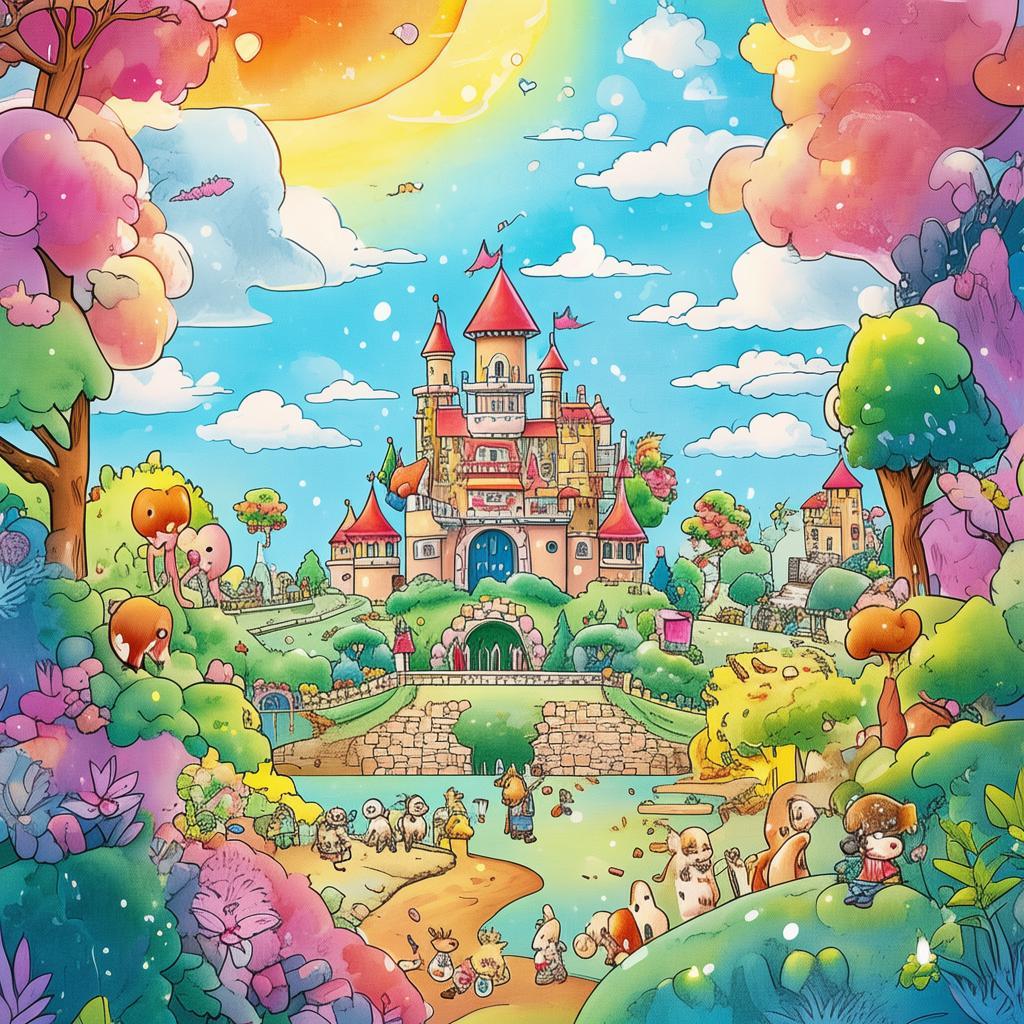The Secret Smile of Zephyr's Tooth
In the quaint little village of Dendro, nestled between the whispering willows and the dancing brook, there lived a boy named Zephyr. With his chestnut hair and a smile that could light up the darkest of nights, Zephyr was the heart of the village. He loved nothing more than to chase after the playful brook and share his stories with the village elders.
One sunny morning, while Zephyr was running through the meadow, he stumbled upon an old, worn-out book titled "The Philosophical Smile: A Reflection on Life and Oral Health." The book had belonged to his great-grandfather, who had been a revered dentist in the village. Intrigued by the title, Zephyr took the book home and began to read it under the shade of his favorite apple tree.

The book spoke of smiles as windows to the soul, of teeth as tools of communication, and of oral health as a mirror to one's well-being. It spoke of how the care of one's teeth could lead to a life filled with laughter and joy, much like the vibrant community of Dendro. As Zephyr delved deeper into the pages, he realized that his own smile, though often a source of pride, could be the key to understanding life's mysteries.
The story unfolded with Zephyr encountering three wise teeth: Wisdom, Laughter, and Kindness. Wisdom, the oldest and most serene tooth, shared with Zephyr the importance of patience and the value of every moment. Laughter, the tooth that sparkled with a mischievous twinkle, taught him that joy could be found in the simplest of things and the laughter of friends. Kindness, the gentlest of all, whispered that true friendship was built on acts of compassion and understanding.
Zephyr was determined to apply these lessons to his life. He started by improving his oral hygiene, which he soon found was not only good for his teeth but also for his overall health. As his teeth grew stronger and healthier, so too did his spirit.
One day, while playing with his friends, a toothache struck. It was during this moment of pain that Zephyr understood the profound truth of his book. He realized that just as a healthy smile was a testament to well-being, so too was the strength of his friendships. He called his friends to his side, and together, they shared their smiles, their laughter, and their kindness.
The bond between them grew, and so did their appreciation for the simple joy of a shared smile. They realized that each of their smiles was a testament to the wisdom, laughter, and kindness that had been passed down to them. Through this collective journey, they learned that life's greatest treasures were not found in grand achievements, but in the everyday moments of kindness and understanding.
As the story came to a close, Zephyr looked up to see the old, wise teeth smiling down at him. They had been watching, waiting for the day Zephyr would truly understand their lessons. Now, with a heart full of wisdom, laughter, and kindness, Zephyr returned the book to its place on the shelf, knowing that the true value of life lay not in the material world, but in the care and nurturing of one's heart and teeth.
And so, Zephyr's life became a testament to the profound connection between the smile on one's face and the philosophy of life. Through his adventures and the wisdom of his teeth, he came to realize that the greatest gift he could give the world was a smile that reflected his true self.
✨ Original Statement ✨
All articles published on this website (including but not limited to text, images, videos, and other content) are original or authorized for reposting and are protected by relevant laws. Without the explicit written permission of this website, no individual or organization may copy, modify, repost, or use the content for commercial purposes.
If you need to quote or cooperate, please contact this site for authorization. We reserve the right to pursue legal responsibility for any unauthorized use.
Hereby declared.
